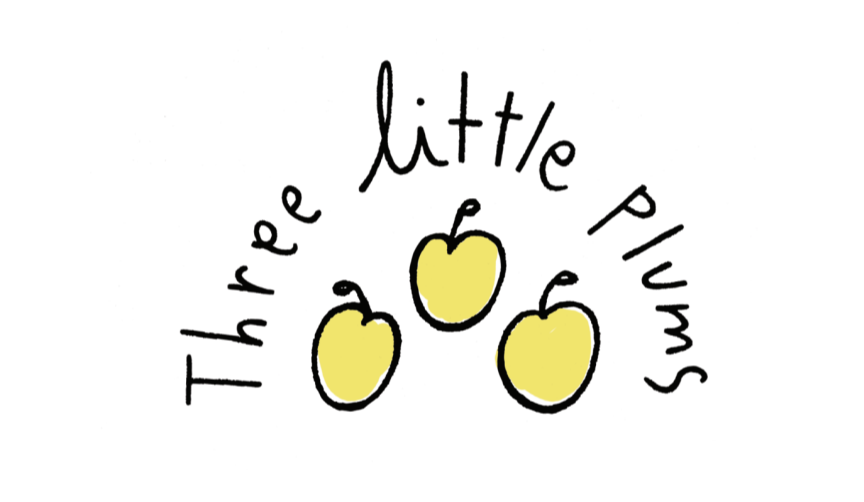The Low-Tox Coffee Experience: what coffee to buy, machine to use and cups to drink to avoid unnecessary toxins in your coffee
The Lower-Tox Coffee Experience
Lot’s of us drink coffee on a daily basis ( many of us multiple times a day). If that is you, it makes sense to understand potential exposures to harmful chemicals in coffee and how to lower your exposure to these.
Most of the toxicants I mention below can be found in coffees, but at very low levels. If you rarely drink coffee, this might not be a concern. However, if you are an avid coffee drinker (ie more than one a day) the cumulative affect of any and all of these chemicals over many years of drinking coffee could add up.
Luckily its pretty easy to make a few simple changes and decrease your exposure to these chemicals.
First: notice I say “ limit” not avoid in the images below. Drinking a coffee from this “ limit” list on occasion is not too concerning.. I am more concerned about what you are drinking on a daily basis over many years. Let’s dig in
Links for my picks below!
𝗖𝗼𝗳𝗳𝗲𝗲
X Limit
Not certified organic: because coffee beans are one of the most intensely sprayed crops worldwide. Some pesticides disappear after roasting, but others -like glyphosate- remain. Large companies (think Folgers, Dunkin Donuts, Maxwell house etc) tend to use beans from larger farms that have been sprayedmuch more than smaller producers.
Decaf coffee: Decaf coffee presents two issues.
On one hand, some decaf will expose you to methylene chloride (an ingredient in paint stripper, banned by the EPA but allowed in some decaf coffee by FDA). Choosing decaf that is both organic & are “Swiss water” processed are better as they wont expose you to this chemical.
Additionally, decaf coffee is more likely to contain mycotoxins
Pods /K cups: many of these are either made of plastic or lined with plastic and have been found to Leach, BPF and BPS. Additionally, they are horrible for the environment.
BETTER
Choose coffee that has Organic certification and is ideally 3rd party tested for mycotoxins and other chemicals
MY PICKS
We drink PurityCoffee at home (you can use code 3LITTLEPLUMS for 20% off first purchase). The reason is:
⭐️3rd party tested free of mycotoxins
⭐️Produced on regenerative organic farms that meet the highest standards in the world for soil health, animal welfare & organic
⭐️Their coffee has 2x the antioxidants of other leading brands.
⭐️Considered Specialty Grade, something only about 1% of the coffee produced worldwide can claim.
⭐️ taste: I like their dark roast “Ease” & choose their whole beans because these actually have the highest antioxidants + best taste IMO
Other coffee companies that are also testing for mycotoxins and are certified organic:
Clean coffee (not affiliated)
Biodinamic Coffee by Holistic Roasters (not affiliated)
Kion Coffee (not affiliated)
𝗖𝗼𝗳𝗳𝗲𝗲 𝗺𝗮𝗰𝗵𝗶𝗻𝗲𝘀
X Limit
Aluminum: a neurotoxin
Pods: almost always lined with plastic, which have been found to leach BPF and BPS, also these are terrible for the environment
Plastic : can leach a large number of plastic chemicals, and also contribute to micro plastics in your coffee
Better
Stainless steel
Glass
My Picks
Stainless steel Mueller french press
Stainless steel expresso maker stovetop (Moka)
Breville (please note this does have some plastic tubing and components. It is not ideal but does make a great espresso. I have this at home and am ok with it)
Pour Over Dripper made of all stainless steel (not pictured)
𝗔𝗰𝗰𝗲𝘀𝘀𝗼𝗿𝗶𝗲𝘀
X Limit
Some Coffee filters have been found to contain fluorine, indicative of possible PFAS contamination, others are bleached with chlorine. There are some that have tested for non detectable levels of fluorine and are chlorine free. Choose these instead. Alternately you can use a reusable coffee filter made out of stainless steel.
To go cups are also lined with plastic and will contribute to micro plastics in your coffee, as well as various plastic chemicals. Stainless steel and glass to go cups are better alternatives.
MY PICKS
TO GO CUPS
Klean Kanteen stainless steel to go mug
Yellow to go stainless steel mug
Coffee Filters
If You Care- fluorine free and unbleached
FrotherS
Breville electric milk frother
A NOTE ABOUT WATER:
Please use filtered water for making your coffee! Otherwise, you are drinking all the toxins commonly found in tap water!
ONE MORE IMPORTANT THING




